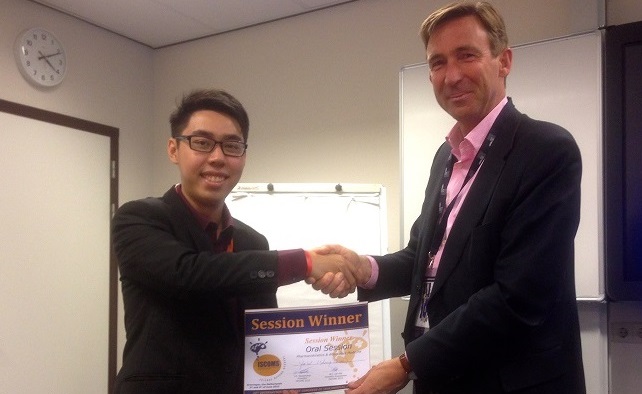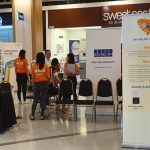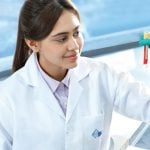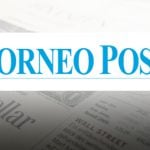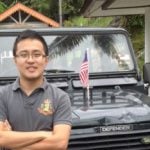“A dream is your creative vision for your life in the future. You must break out of your current comfort zone and become comfortable with the unfamiliar and the unknown. And this will make you a successful and a brilliant young scientist”. These were the few words of encouragement from Prof Martin Chalfie, an American Noble Laureate in 2008 for discovering Green Fluorescent Protein (GFP). He was also one of the keynote speakers at the 22nd International Students Congress of Medical Sciences (ISCOMS). 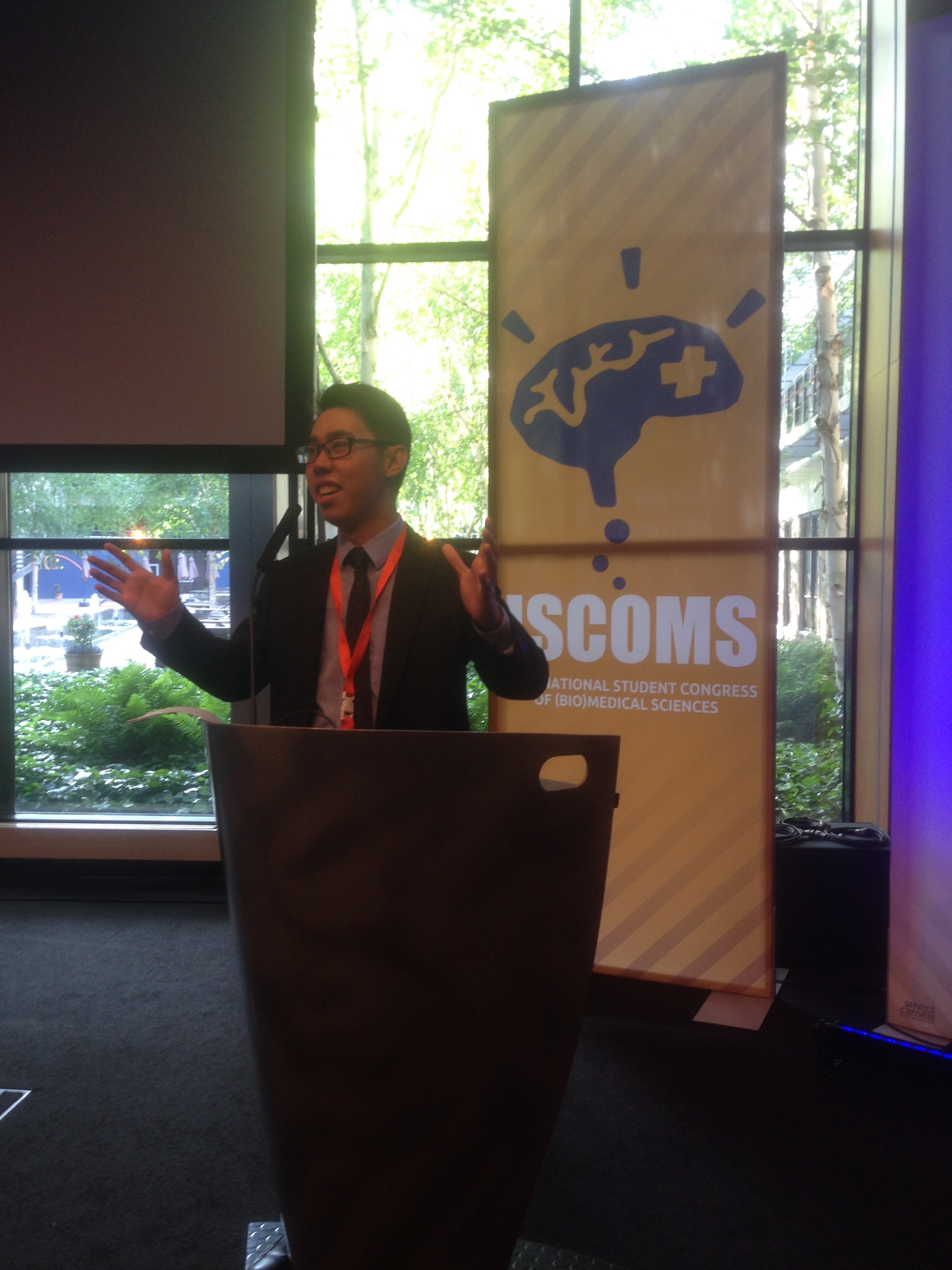 Definitely, stepping out of one’s comfort zone is a key to becoming a successful, if not, a better researcher. This belief had led to International Medical University‘s medical student, Yew Sheng Qian’s decision to present his Bachelor of Medical Science (BMedSc) project, entitled “Development and Validation of Kaempferol Nanosuspension (KNS) for Bioavailability Enhancement” in ISCOMS 2015. He was awarded the Best Oral Presenter Prize at ISCOMS. “During the presentations from my fellow colleagues, I was deeply amazed, intrigued and realized that there are so much more to learn out there and I have no choice but to admit how limited of knowledge or little understanding I have in the field of medicine.”
Definitely, stepping out of one’s comfort zone is a key to becoming a successful, if not, a better researcher. This belief had led to International Medical University‘s medical student, Yew Sheng Qian’s decision to present his Bachelor of Medical Science (BMedSc) project, entitled “Development and Validation of Kaempferol Nanosuspension (KNS) for Bioavailability Enhancement” in ISCOMS 2015. He was awarded the Best Oral Presenter Prize at ISCOMS. “During the presentations from my fellow colleagues, I was deeply amazed, intrigued and realized that there are so much more to learn out there and I have no choice but to admit how limited of knowledge or little understanding I have in the field of medicine.” 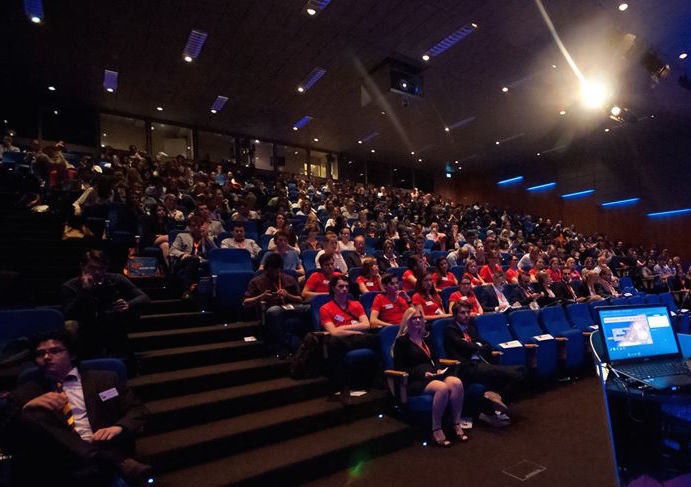 In addition to the oral and poster presentations from delegates at the conference, there was a vast line up of interesting plenaries, conducted by world-renowned scientists, discussing topics on the global crisis of Ebola, discovering cure for cancer using dendritic cells as well as developing neural decoding methods that allowed a man to move his paralysed hand by using his thoughts. From all these interesting sharing, Sheng Qian was again reminded that the journey to success is going to be long and tough. Therefore, “never give up” and “work in team” are the noble attitudes to achieve our goal, slowly but surely.
In addition to the oral and poster presentations from delegates at the conference, there was a vast line up of interesting plenaries, conducted by world-renowned scientists, discussing topics on the global crisis of Ebola, discovering cure for cancer using dendritic cells as well as developing neural decoding methods that allowed a man to move his paralysed hand by using his thoughts. From all these interesting sharing, Sheng Qian was again reminded that the journey to success is going to be long and tough. Therefore, “never give up” and “work in team” are the noble attitudes to achieve our goal, slowly but surely. 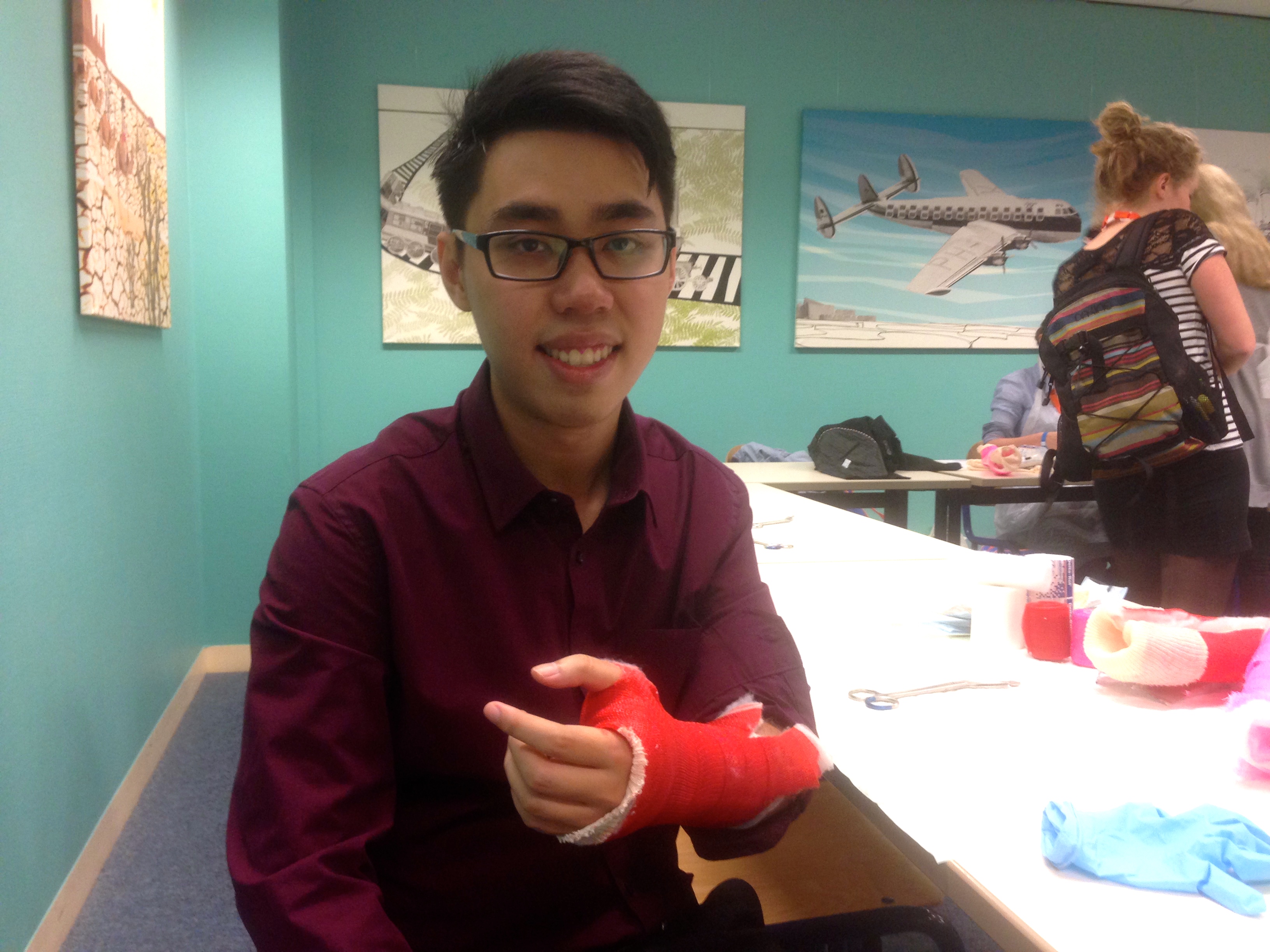 ISCOMS, now in its 22nd edition, is a congress for undergraduate medical students to present their researches to peers in the biomedical field. Held from 2 – 5 June 2015 at the University of Groningen, one of the leading and oldest research institutes in the Netherlands, the congress had the participation of more than 500 medical students from all around the world, where 364 were active presenters, for both oral and poster presentations. During the congress, the students had the opportunity to participate in various exciting workshops. For instance, in the plastering workshop, Sheng Qian was offered a “hands-on” to make softcasts by himself, which is one of the very important methods to support patients in different disciplines like, traumatology, orthopaedics, plastic surgery and rehabilitation.
ISCOMS, now in its 22nd edition, is a congress for undergraduate medical students to present their researches to peers in the biomedical field. Held from 2 – 5 June 2015 at the University of Groningen, one of the leading and oldest research institutes in the Netherlands, the congress had the participation of more than 500 medical students from all around the world, where 364 were active presenters, for both oral and poster presentations. During the congress, the students had the opportunity to participate in various exciting workshops. For instance, in the plastering workshop, Sheng Qian was offered a “hands-on” to make softcasts by himself, which is one of the very important methods to support patients in different disciplines like, traumatology, orthopaedics, plastic surgery and rehabilitation. 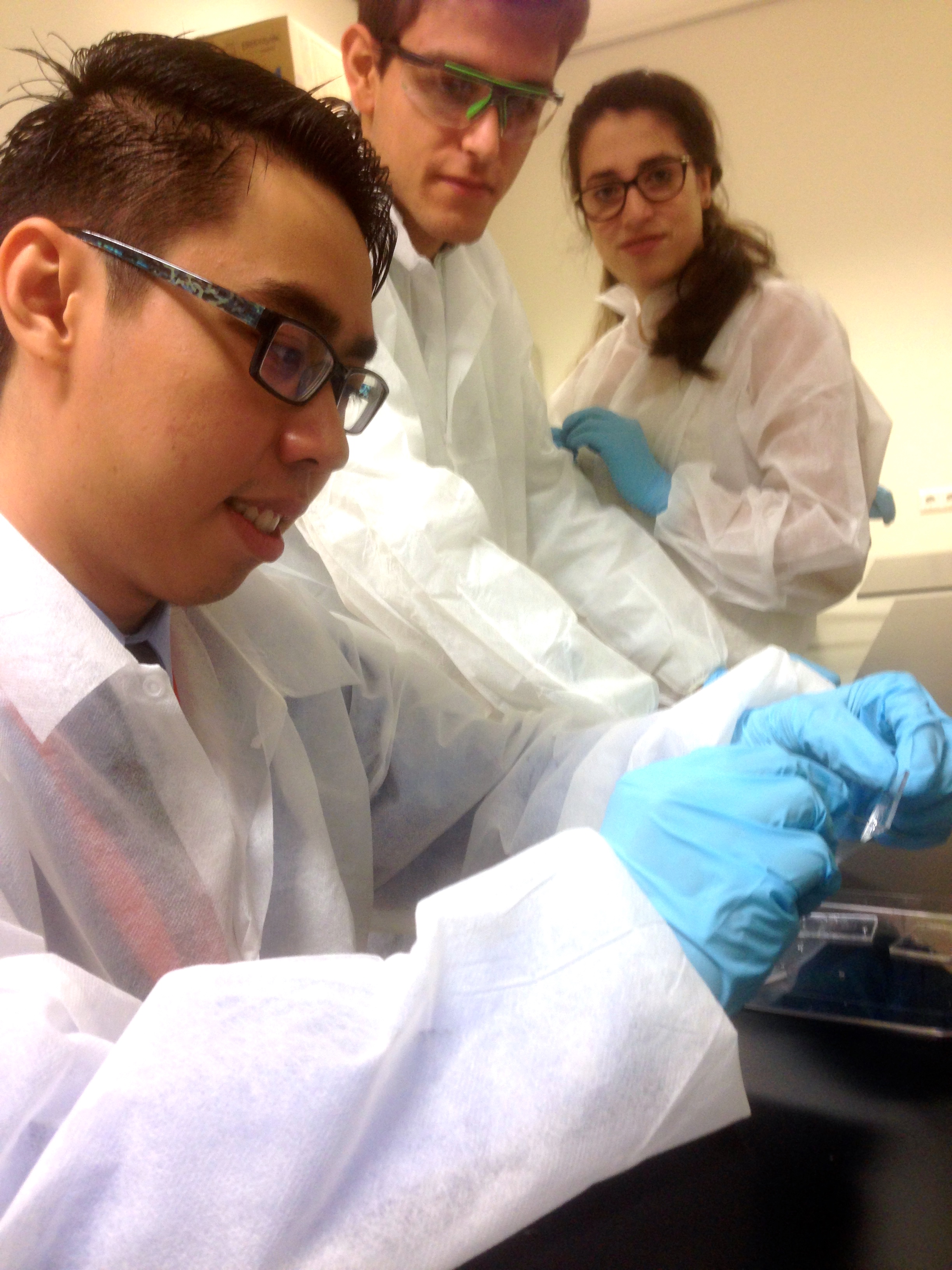 “In the “lab-on-a-chip” workshop, I was again challenged to make a lab-chip under supervision. Since lab-chip technologies have found increasing application for cell biological studies, as cell microenvironments can be exquisitely engineered to mimic in vivo environments, I believe it is possible to think about assembling tissue constructs or actual tissue samples in physiological configurations in specially designed lab-chip systems for improved capability to study in vivo processes in in vitro environment”. “In short, I really gained a worthwhile and great experience in this congress, not only with the knowledge on drug pharmacokinetics, but also the ability to build a wonderful network and make new acquaintances from various countries. I must say, this congress was really an eye-opener for me, besides further encouraging my passion in biomedical research.” “Last but not least, I feel honoured to be awarded the “Best Oral Presenter Prize” and I shall attribute this award to my supervisors: Dr Venkata, Dr Srinivasan and Dr Mayuren for their guidance throughtout my BMedSc project. Without them, this achievement will never be possible. IMU internal research grant is also gratefully appreciated.”
“In the “lab-on-a-chip” workshop, I was again challenged to make a lab-chip under supervision. Since lab-chip technologies have found increasing application for cell biological studies, as cell microenvironments can be exquisitely engineered to mimic in vivo environments, I believe it is possible to think about assembling tissue constructs or actual tissue samples in physiological configurations in specially designed lab-chip systems for improved capability to study in vivo processes in in vitro environment”. “In short, I really gained a worthwhile and great experience in this congress, not only with the knowledge on drug pharmacokinetics, but also the ability to build a wonderful network and make new acquaintances from various countries. I must say, this congress was really an eye-opener for me, besides further encouraging my passion in biomedical research.” “Last but not least, I feel honoured to be awarded the “Best Oral Presenter Prize” and I shall attribute this award to my supervisors: Dr Venkata, Dr Srinivasan and Dr Mayuren for their guidance throughtout my BMedSc project. Without them, this achievement will never be possible. IMU internal research grant is also gratefully appreciated.”




